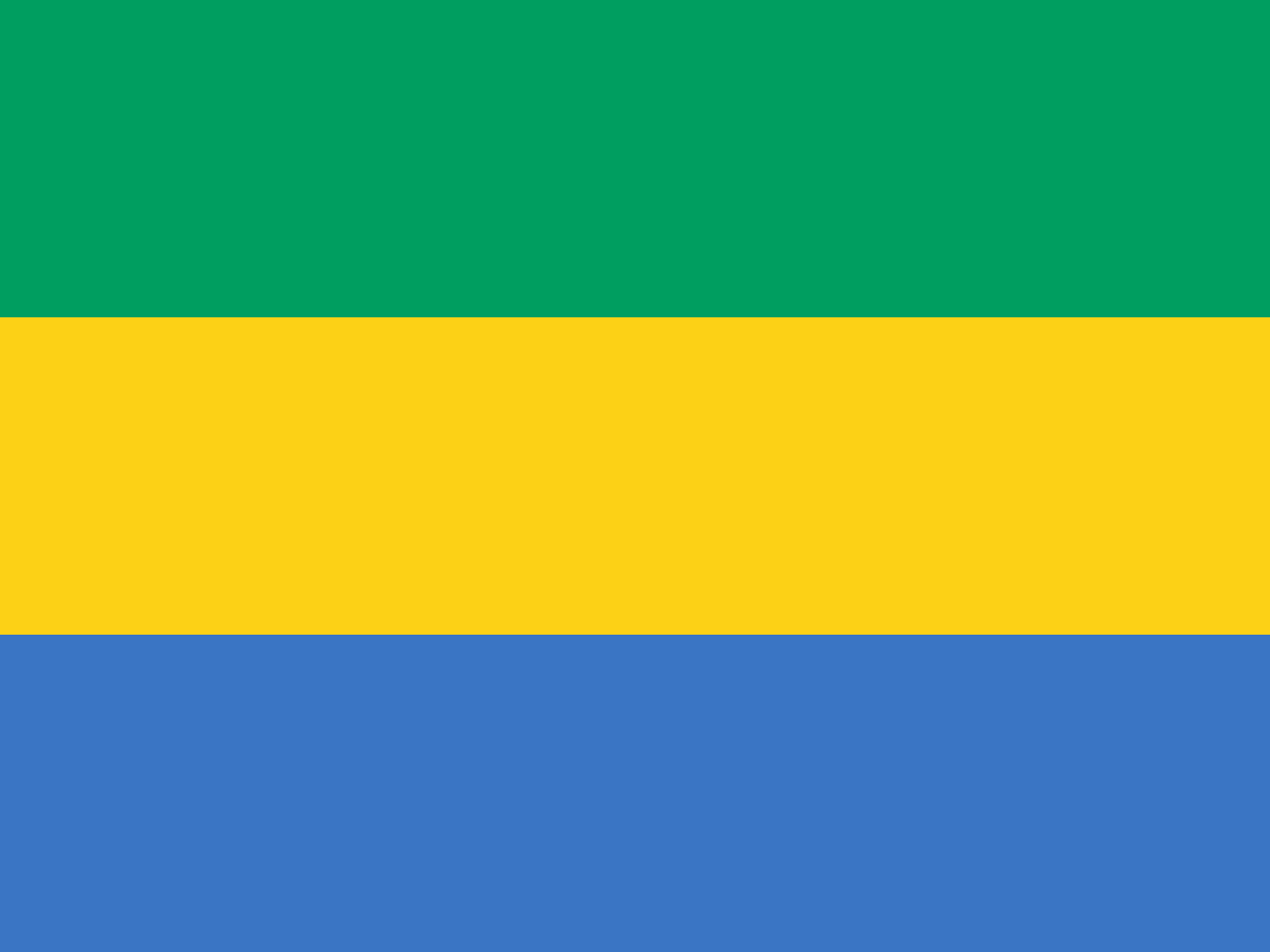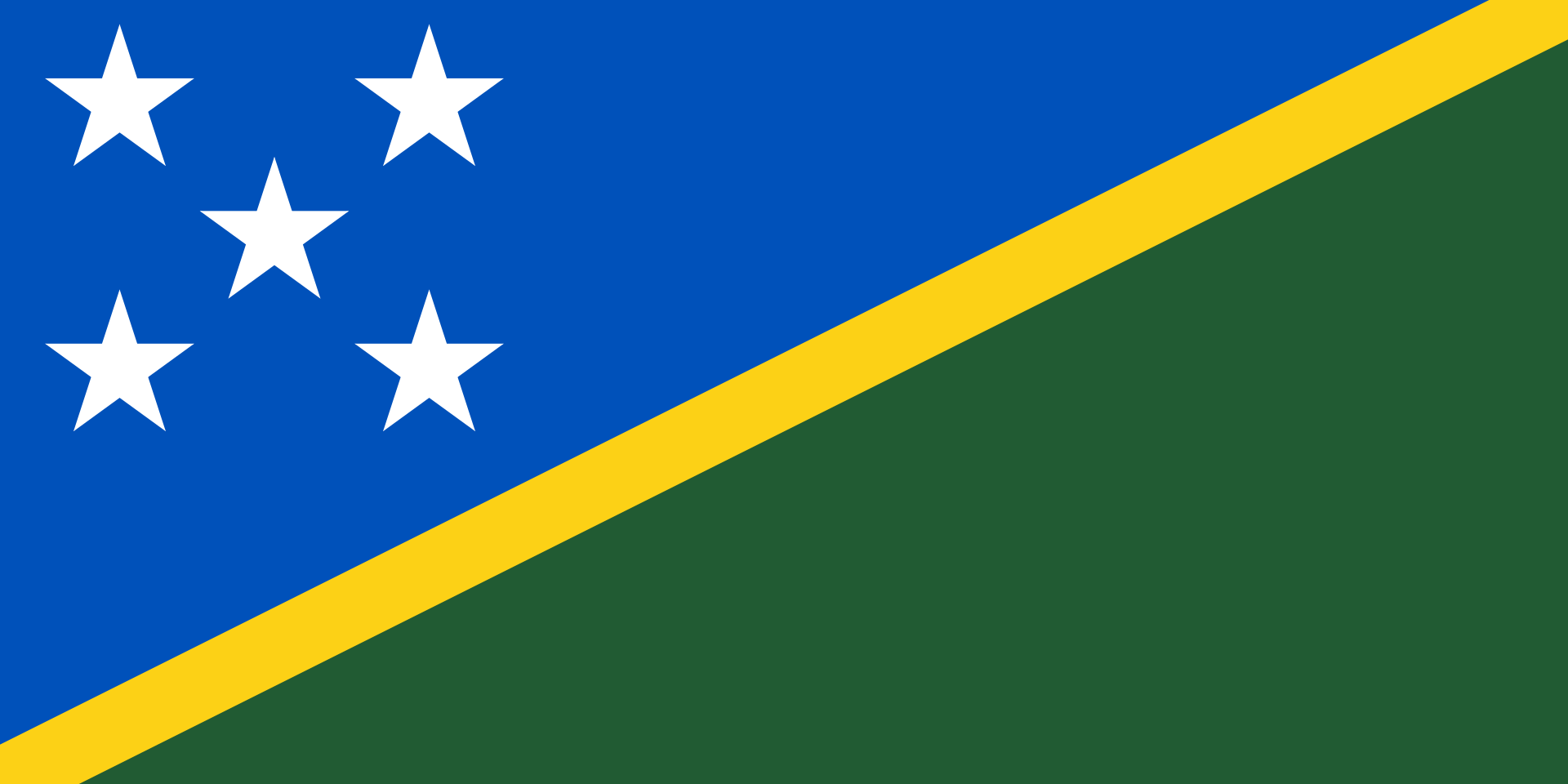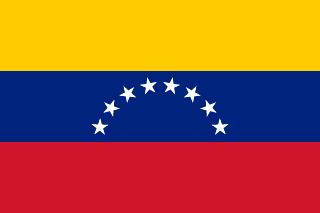Population
47,460,795
Last updated:
1 NovArea
505,990 km2
Last updated:
1 NovCurrency
Euro (€) (EUR)
Last updated:
1 NovOfficial Language
Spanish
Last updated:
1 NovPhone code number
+34
Last updated:
1 NovInternet TLD
.es
Last updated:
1 NovAverage monthly salary
4,250 $
Last updated:
1 NovTotal millionaires
1,146,911 persons
Last updated:
1 NovTotal billionaires
30 persons
Last updated:
1 NovMilitary power
Passport rank
3
Last updated:
1 NovVisa free
189 country
Last updated:
1 NovReligions in Spain
57.4% Christianity
38.9% No religion
2.5% Others
1.3% Unanswered
Info about Spain (History)
Spain is a country in Southwest Europe with some stretches of territory in the Mediterranean Sea, on the Atlantic shelf and across the Strait of Gibraltar. Its continental European territory is located in the Iberian Peninsula. Spanish territory also includes the African semi-eclaves of Ceuta, Melilla and Peñon de Velez across the Strait of Gibraltar. The mainland is bordered in the south by the British Overseas Territory of Gibraltar, in the south and east by the Mediterranean Sea; to the north - France, Andorra and the Bay of Biscay; and to the west by Portugal and the Atlantic Ocean.
With an area of 505,990 km2 (195,360 sq mi), Spain is the largest country in Southern Europe, the second largest country in Western Europe and the European Union, and the fourth largest country on the European continent. With a population of over 47.4 million, Spain is the sixth most populous country in Europe and the fourth most populous country in the European Union. Spain's capital and largest city is Madrid; other major urban areas include Barcelona, Valencia, Seville, Zaragoza, Malaga, Murcia, Palma de Mallorca, Las Palmas de Gran Canaria and Bilbao.
Anatomically modern humans first arrived in the Iberian Peninsula about 42,000 years ago. The first cultures and peoples to develop in what is now Spain were pre-Roman peoples such as the ancient Iberians, Celts, Celtiberians, Vascones and Turdetanis. Later, foreign Mediterranean peoples such as the Phoenicians and the ancient Greeks established coastal trading colonies, and the Carthaginians briefly controlled part of the Spanish Mediterranean coast. From 218 BC, with the capture of the city of Ampurias, the Roman colonization of Spain began, and, with the exception of the Atlantic Cornice, they quickly controlled the territory of modern Spain. The Romans drove the Carthaginians from the Iberian Peninsula by 206 BC. and divided it into two administrative provinces, Spain Ulterier and Spain Citérior. The Romans laid the foundations for modern Spanish culture and identity and were home to important Roman emperors such as Trajan, Hadrian or Theodosius I.
Spain remained under Roman rule until the collapse of the Western Roman Empire in the fourth century, leading to Germanic tribal confederations from Central and Northern Europe. During this period, modern Spain was divided among various Germanic powers, including the Suevi, Alans, Vandals and Visigoths. The latter maintained an alliance with Rome through the foedus, while part of southern Spain belonged to the Byzantine Empire. Eventually, by the 5th century, the Visigoths became the dominant faction, with the Visigoth kingdom engulfing the vast majority of the Iberian Peninsula and establishing its capital on the territory of the present city of Toledo. The creation of the code of laws Liber Iudiciorum by King Rexeswint during the Visigoth period profoundly influenced Spain's structural and legal foundations and the survival of Roman law after the fall of the Roman Empire.
At the beginning of the eighth century, the Visigothic kingdom was taken over by the Umayyad Caliphate, which marked the beginning of more than 700 years of Muslim rule in southern Iberia. During this period, Al-Andalus became a major economic and intellectual center, and the city of Cordoba became one of the largest and richest in Europe. On the northern periphery of Iberia, several Christian kingdoms arose, the main ones of which are Leon, Castile, Aragon, Portugal and Navarre. Over the next seven centuries, the periodic expansion of these kingdoms to the south - metahistorically shaped as a Reconquista, or Reconquista - culminated in the Christian seizure of the last Muslim state, the Nasrid Kingdom of Granada, and control of all of Iberia by the Christian kingdoms. in 1492. In the same year, Christopher Columbus arrived in the New World on behalf of the Catholic monarchs. The dynastic union of the Crown of Castile and the Crown of Aragon is generally regarded as emerging Spain as a single country. For centuries after the Reconquista, the Christian kings of Spain persecuted and expelled ethnic and religious minorities such as Jews and Muslims through the Spanish Inquisition.
From the 16th to the early 19th century, Spain ruled one of the largest empires in history, one of the first global empires; its immense cultural and linguistic heritage includes over 570 million Hispanics, making Spanish the second most spoken native language in the world. Spain has the third largest number of UNESCO World Heritage Sites in the world.
Important information about Spain
1- What is the population of Spain?
answer: The total population of Spain is 47,460,795 in 2021.
2- Who is the president of Spain?
answer: Felipe VI is the current president of Spain.
3- What is the area of Spain?
answer: The total area of Spain is 505,990 km2 .
4- What is the official language of Spain?
answer: The official language of Spain is Spanish .
5- What is the currency of Spain?
answer: The currency of Spain is Euro (€) (EUR) .
6- How much is the average salary in Spain?
answer: The average salary in Spain is 4250$ in 2021.
7- What is the passport rank of Spain?
answer: The passport rank of Spain is 3 in 2021.
8- How many countries we can travel with passport of Spain without visa?
answer: You can travel to 189 countries with passport of Spain .
9- What is the phone number code of Spain?
answer: The phone number code of Spain is +34 .
10- What is internet TLD of Spain?
answer: The internet TLD of Spain is .es
11- How many billionaires are in Spain?
answer: The total number of billionaires in Spain is " 30 person" in 2021.
12- How many millionaires are in Spain?
answer: The total number of millionaires in Spain is " 1,146,911 person" in 2021.





